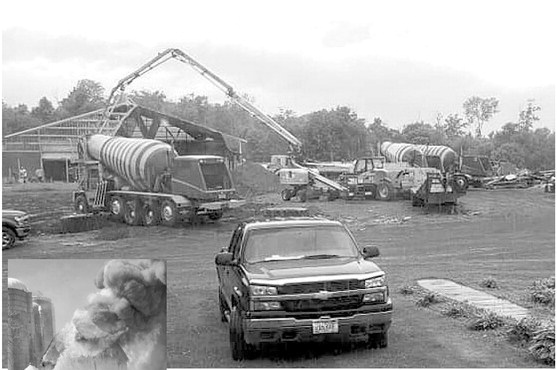Farm family working to get back up again


Being a dairy farmer is not just something you do.
It is something you are.
On Palm Sunday, April 5, town of Goodrich dairy farmers...


Being a dairy farmer is not just something you do.
It is something you are.
On Palm Sunday, April 5, town of Goodrich dairy farmers...